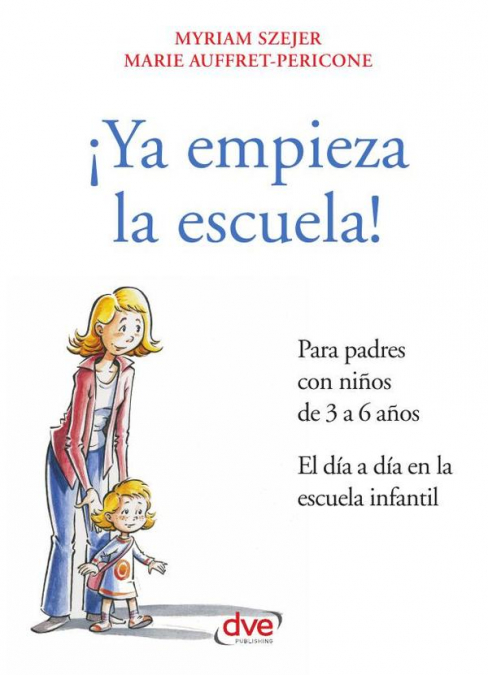
Marie Auffret-Pericone / Myriam Szejer
La entrada en la escuela, para cursar la educación infantil de 3 a 6 años, constituye un momento clave en la vida del niño. El pequeño suele estar emocionado y orgulloso de acceder a la «corte de los mayores», aunque no siempre ocurre así y pueden darse algunas situaciones que los padres deben controlar. En cualquier caso, para evitar en esta etapa posibles problemas, el niño siempre necesita sentir cerca a sus padres.A los tres años, e incluso antes, es conveniente que empiece a adaptarse a nuevas situaciones: tendrá que descubrir que su maestra no puede ocuparse únicamente de él, que algunos compañeros son un poco más activos y otros menos, que no es el único, y que los días son largos y, a veces, cansados.- ¿Qué conviene hacer para apoyarlo en esa aventura?- ¿Cómo prepararlo para su entrada en la escuela?- ¿Qué aprenderá realmente?- ¿Qué debemos hacer si no está a gusto con su maestra?- ¿Y si se pelea con cierta frecuencia, o está sólo en los recreos?- ¿Cómo actuar si un día no quiere ir a la escuela?